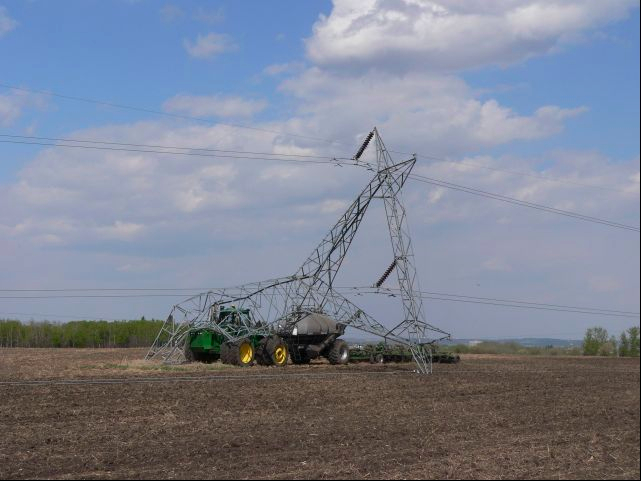Earlier this year, a pharmacist in Brewton, Alabama, paid his employees a sizeable bonus all in $2 bills. He asked them to spend those bills at locally owned businesses and to donate some to local charities.
“I didn’t think it would make a major impact, but it took on life of its own,” he recalls, noting that the $2 bills continue to circulate in the local economy, some even making their way into his cash register. “Now, every time you see a $2 bill, it reminds you about shopping locally,” explained another resident of the town.
That’s one of several homegrown “stimulus” initiatives described in a CNNMoney.com article and slide show that looks at the creative strategies communities have devised to protect their locally owned businesses from the worst of the recession.
“Buy local” has been buzzing for years, but efforts have accelerated in the past year to translate that slogan into actual spending behavior.…
“We had 24 new affiliates in 2008 — that’s double our other strong growth years,” says [American Independent Business Alliance] co-founder Jeff Milchen. “And this year we are on track to exceed that by 25 or 30 new alliances.”
The campaigns can have tangible results. During this year’s winter holiday shopping season, sales at independent retailers declined 5.6% compared to last year, according to an Institute for Local Self-Reliance survey of 1,100 retailers around the country. But in cities with an active “Buy Local” or “Local First” campaign, retailers reported an average sales drop of 3.2%
Among those local initiatives profiled is the 10% Shift Campaign started by the New England Local Business Forum.
The campaign underscores the economics of buying local. NELBF points to a study from Civic Economics forecasting that if 600,000 area residents shift 10% of their purchases from chains to independent businesses, that local community would gain 1,600 jobs and $140 million in new economic activity within one year.
To learn more about starting a similar campaign in your community, visit our Growing Local Business page.



